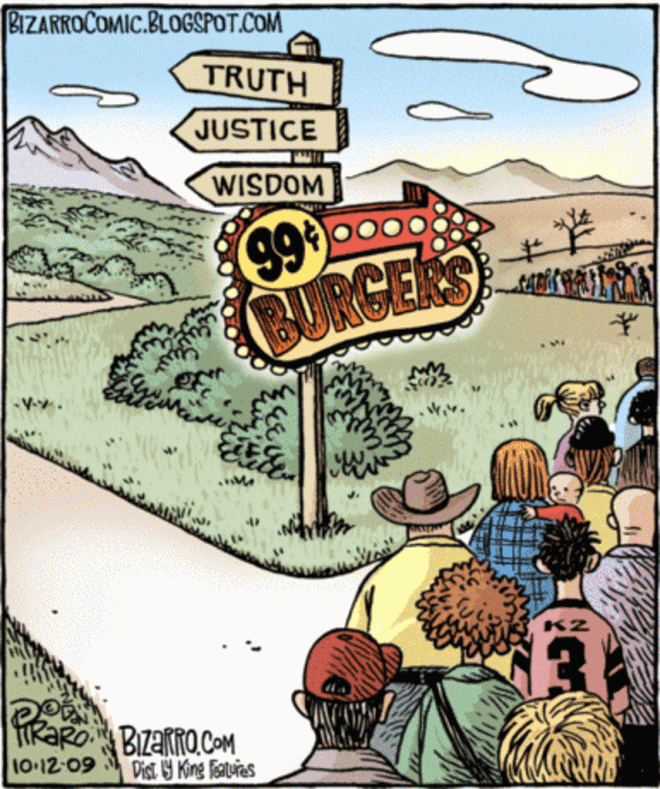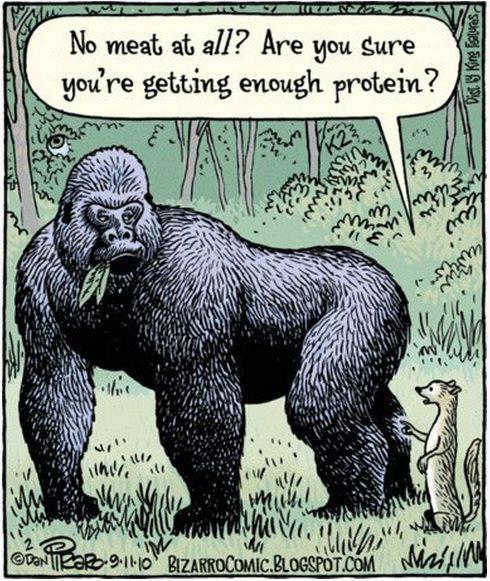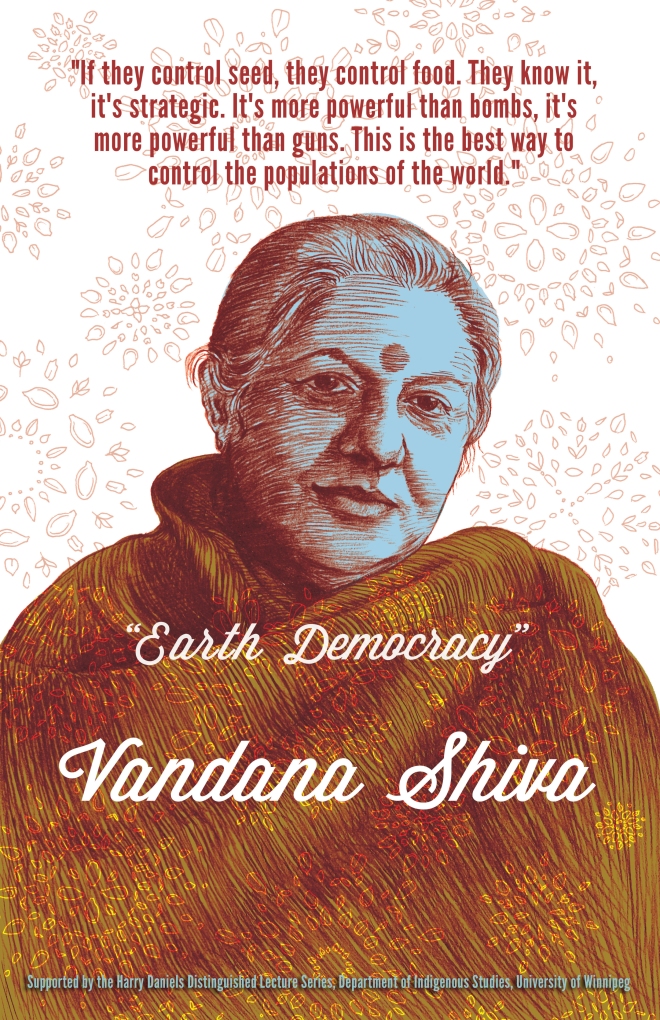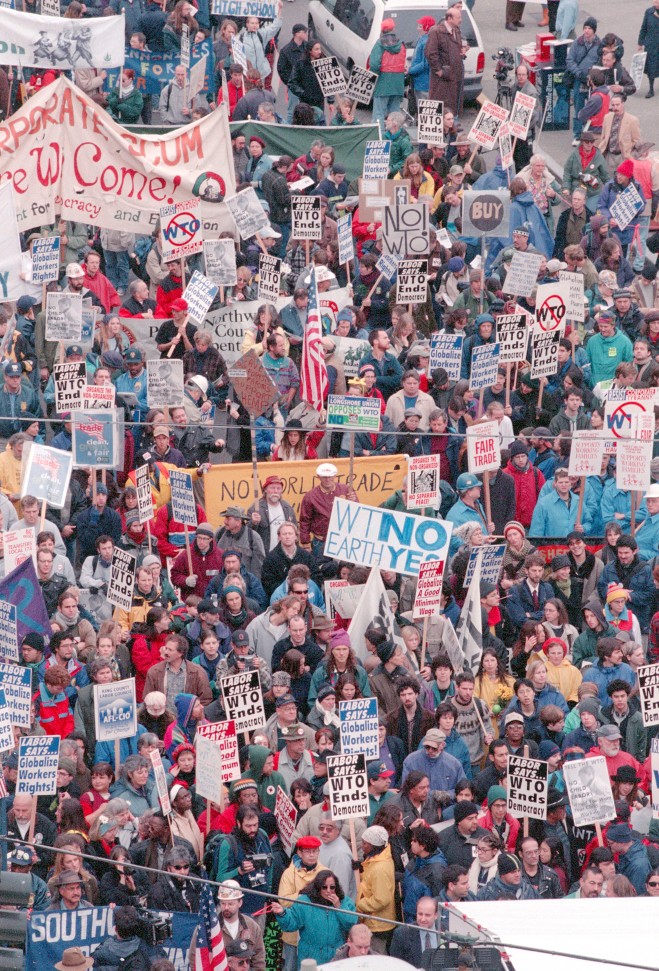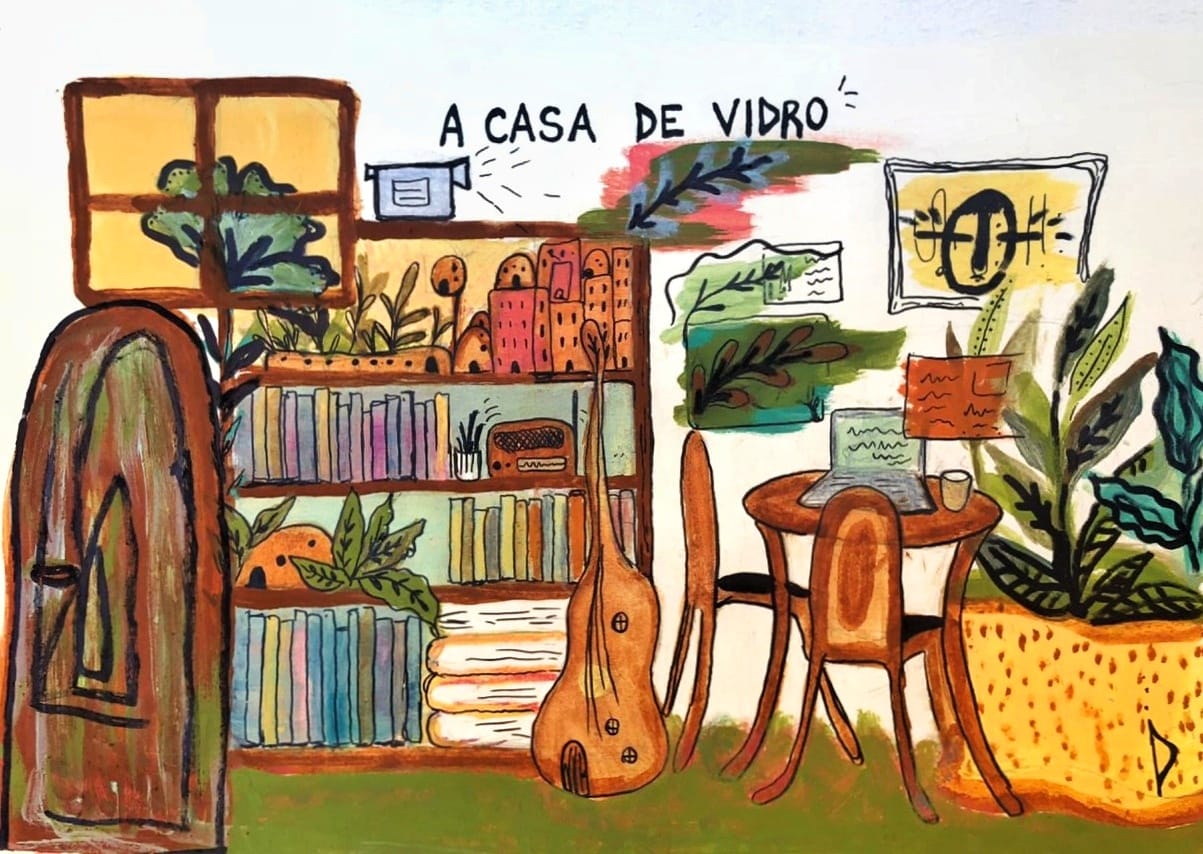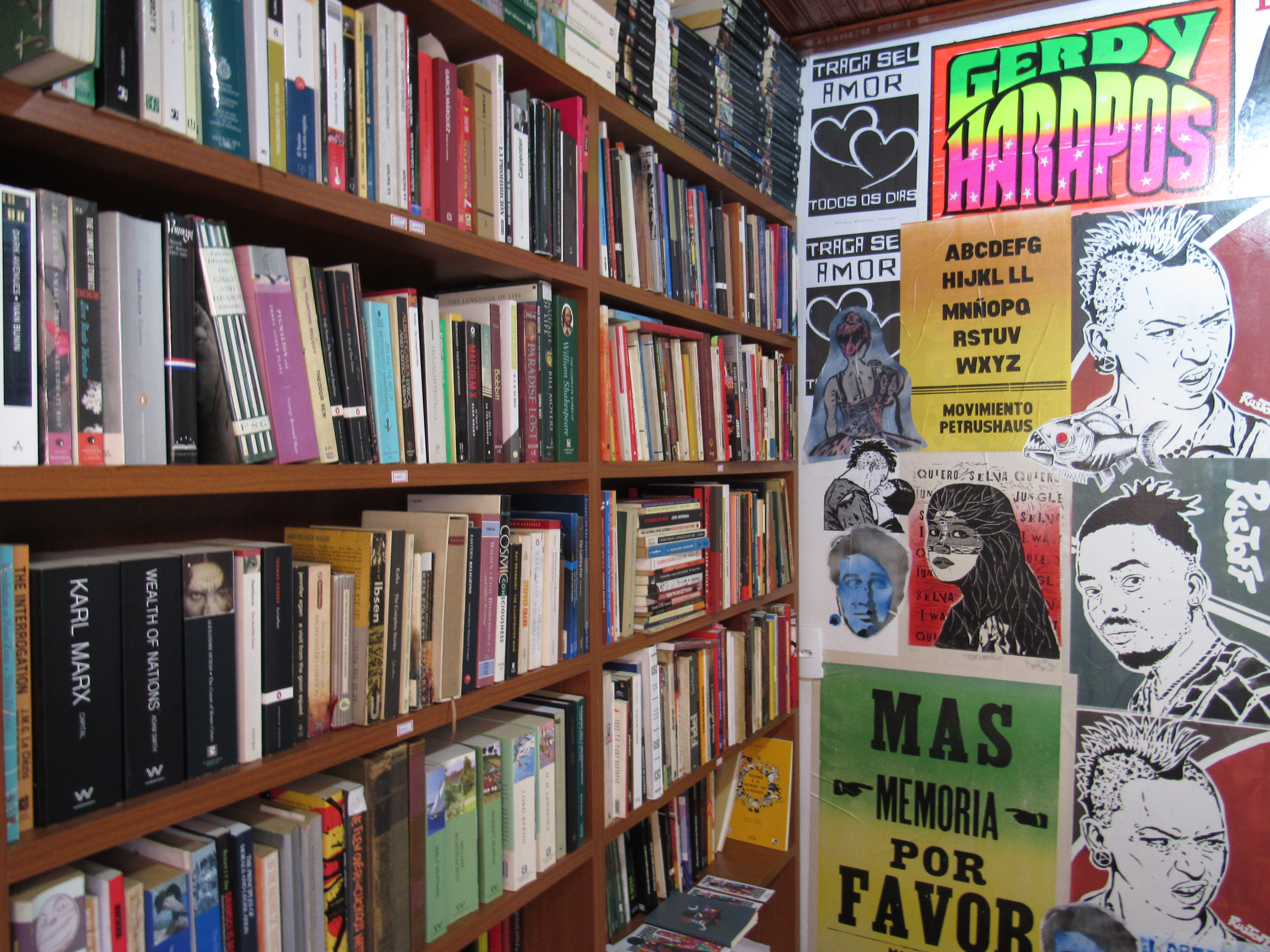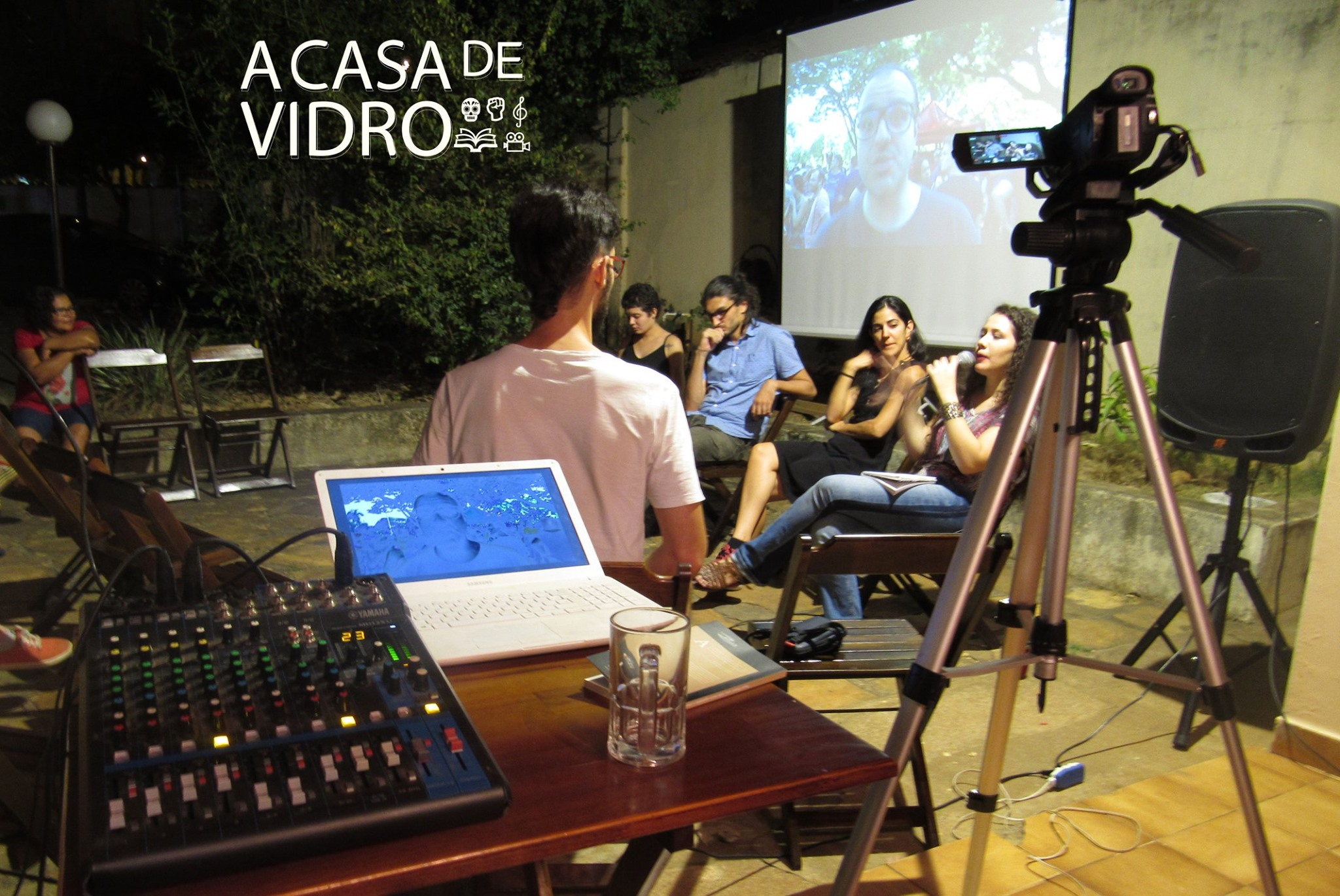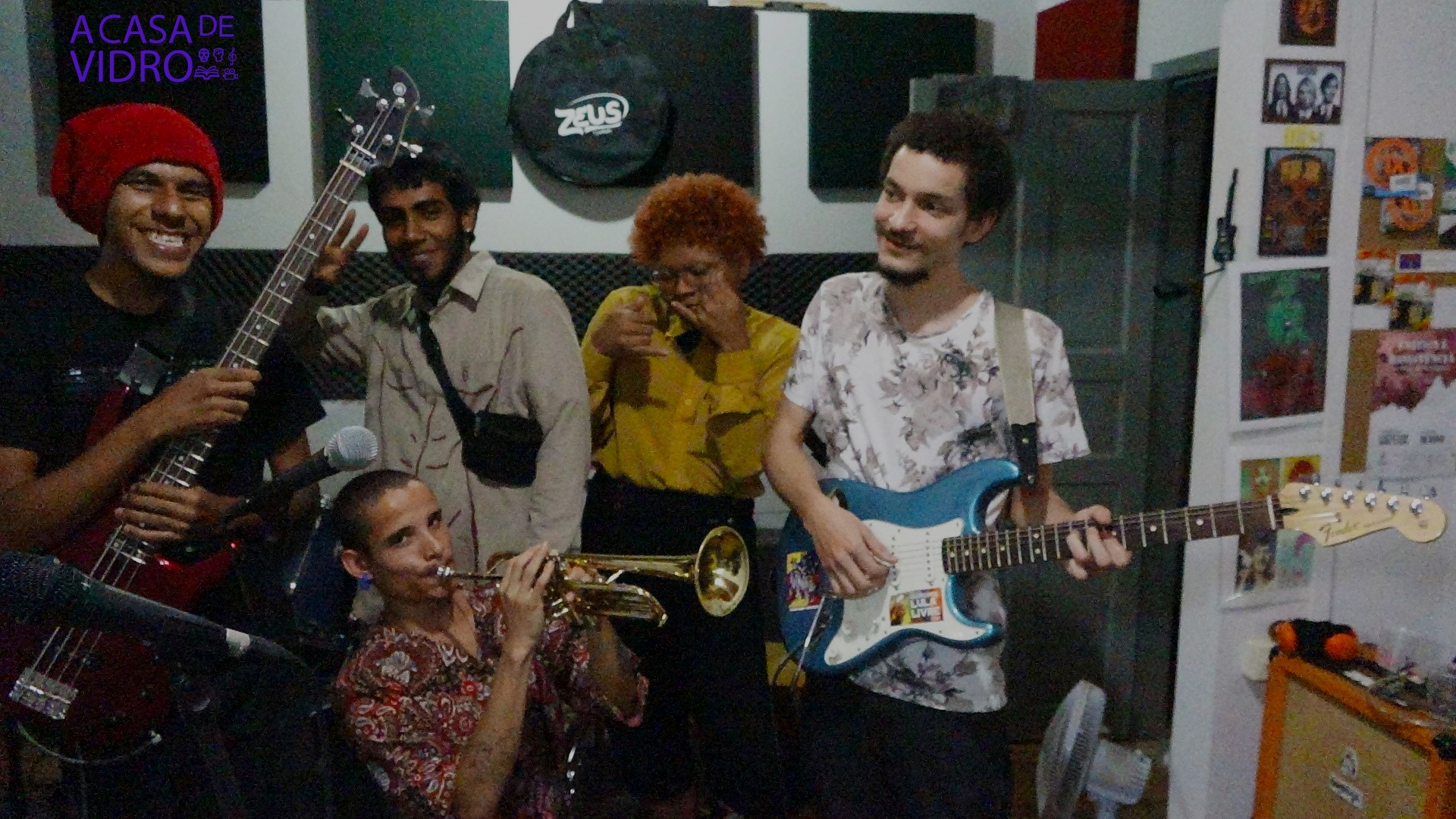Vandana Shiva: Junk-food globalizada, doença da Vaca Louca, protestos em Seattle ’99… e por aí vai!
McDonaldization Of World Food
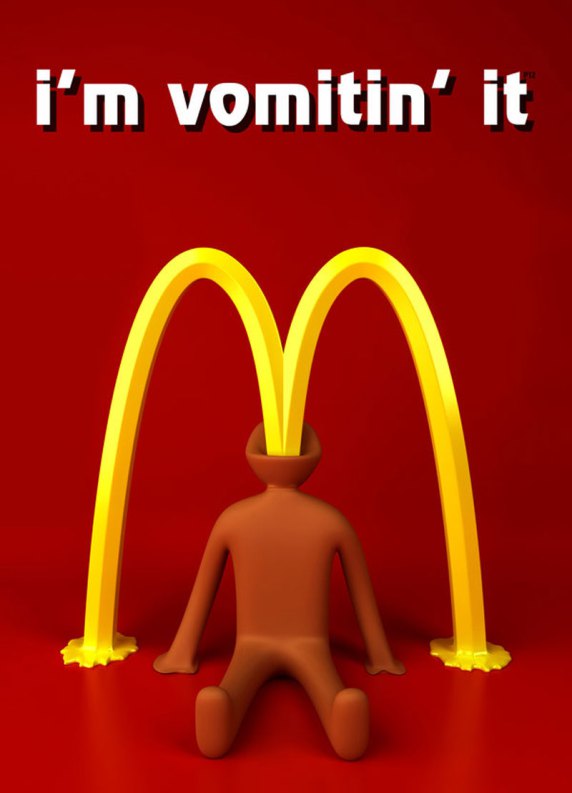 “Globalization has created the McDonaldization of world food, resulting in the destruction of sustainable food systems. It attempts to create a uniform food culture of hamburgers. The mad-cow-disease epidemic tells us something of the costs hidden in this food culture and food economy. In 1994, Pepsi Food Ltd. was given permission to start 60 restaurants in India: 30 each of Kentucky Fried Chicken (KFC) and Pizza Hut. The processed meats and chicken offered at these restaurants have been identified by the U.S. Senate as sources of the cancers that one American contracts every seven seconds. (…) Junk-food chains, including KFC and Pizza Hut, are under attack from major environmental groups in the United States and other developed countries because of their negative environmental impact. Intensive breeding of livestock and poultry for such restaurants leads to deforestation, land degradation, and contamination of water sources and other natural resources. For example: the water necessary for meat breeding comes to about 190 gallons per animal per day, or 10 times what a normal Indian family is supposed to use in one day, if it gets water at all.” (p. 71)
“Globalization has created the McDonaldization of world food, resulting in the destruction of sustainable food systems. It attempts to create a uniform food culture of hamburgers. The mad-cow-disease epidemic tells us something of the costs hidden in this food culture and food economy. In 1994, Pepsi Food Ltd. was given permission to start 60 restaurants in India: 30 each of Kentucky Fried Chicken (KFC) and Pizza Hut. The processed meats and chicken offered at these restaurants have been identified by the U.S. Senate as sources of the cancers that one American contracts every seven seconds. (…) Junk-food chains, including KFC and Pizza Hut, are under attack from major environmental groups in the United States and other developed countries because of their negative environmental impact. Intensive breeding of livestock and poultry for such restaurants leads to deforestation, land degradation, and contamination of water sources and other natural resources. For example: the water necessary for meat breeding comes to about 190 gallons per animal per day, or 10 times what a normal Indian family is supposed to use in one day, if it gets water at all.” (p. 71)
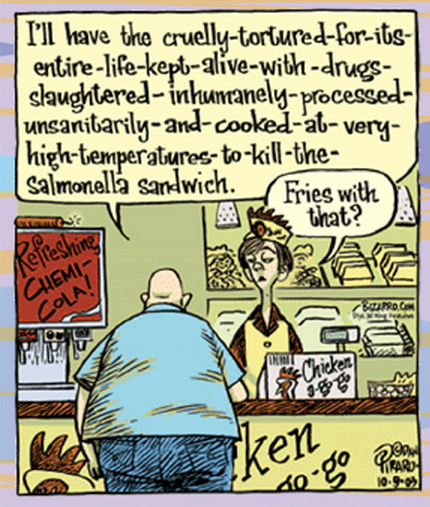
TRANSFORMING VEGETARIANS INTO BEEF-EATERS
“At a time when meat consumption is declining in Western countries, India’s trade-liberalization program is trying to convert a predominantly vegetarian society into a beef-eating one. This program is based on the false equation that the only source of protein is animal protein, and that higher animal consumption equals a higher quality of life. (…) The 3 most important diseases of the affluent countries – cancer, stroke, and heart disease – are linked conclusively to consumption of beef and other animal products. International studies comparing diets in different countries have shown that diets high in meat result in more death from intestinal cancer per capita. Japanese people in the USA eating a high-meat diet are 3 times as likely to contract colon cancer as those eating the Japanese low-meat diet. Modern, intensive systems of meat production have exacerbated the health hazards posed by meat consumption. Modern meats have 7 times more fat than non-industrial meats, as well as drug and antibiotic residues.” (66)
SACRED COWS AND MAD COWS
“In India, cows have been treated as sacred for centuries. Ecologically, the cow has been central to Indian civilization. Both materially and conceptually the world of Indian agriculture has built its sustainability on the integrity of the cow, considering her inviolable and sacred, seeing her as the mother of the prosperity of food systems. (…) Indian cattle provide more food than they consume, in contrast to those of the U.S. cattle industry, in which cattle consume 6 times more food than they provide. In addition, every year, Indian cattle excrete 700 million tons of recoverable manure: half of this is used as fuel, liberating the thermal equivalent of 27 million tons of kerosene, 35 million tons of coal, or 68 million tons of wood, all of which are scarce resources in India. The remaining half is used as fertilizer. Two thirds of the power requirements of Indian villages are met by cattle-dung fuel from some 80 million cattle. Yet this highly efficient food system, based on multiple uses of cattle, has been dismantled in the name of efficiency and development… Worse, trade-liberalization policies in India are leading to the slaughter of cattle for meat exports.
A cow is not merely a milk machine or a meat machine, even if industry treats it in such a way. That is why cows are hurt by the industrial treatment they are subjected to. When forced to become carnivores instead of herbivores, they become infected with BSE (Mad Cow Disease). When injected with growth hormones, they become diseased. To deny subjecthood to cows and other animals, to treat them as mere raw material, is to converge with the approach of capitalist patriarchy. Sacred cows are the symbols and constructions of a culture that sees the entire cosmos in a cow. (…) Mad cows are symbols of a worldview that perceives no difference between machines and living beings. (…) Sacred cows are a metaphor of ecological civilization. Mad cows are a metaphor for an anti-ecological, industrial civilization. Liberation strategies have to ensure that human freedom is not gained at the cost of other species, that freedom for one race or gender is not based on increased subjugation of other races and genders. In each of these strivings for freedom, the challenge is to include the Other.” (pg. 59-73)
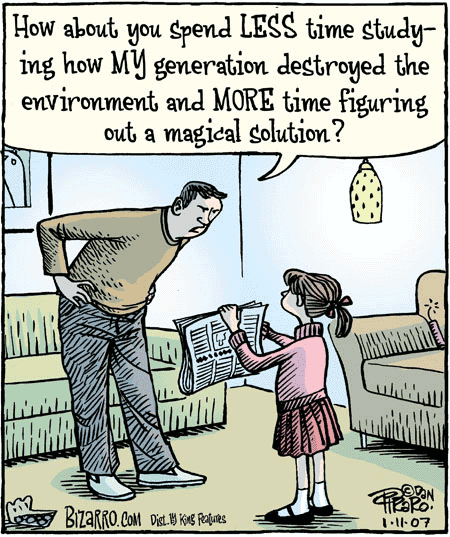
MONOCULTURES AND MONOPOLIES
“Industrial agriculture promotes the use of monocultures because of its need for centralized control over the production and distribution of food. In this way, monocultures and corporate monopolies reinforce each other. Today, 3 processes are intensifying monopoly control over seed, the first link in the food chain: economic concentration, patents and intellectual property rights, and genetic engineering. Monsanto, which was earlier recognized primarily through its association with Agent Orange, today controls a large section of the seed industry. (…) The perverse intellectual-property-rights system that treats plants and seeds as corporate inventions is transforming farmers’ highest duties – to save seed and exchange seed with neighbors – into crimes. (81-90)
RECLAIMING THE STOLEN HARVEST
The failure of the World Trade Organization (WTO) meeting in Seattle in 1999 was a historic watershed. The rebellion on the streets and the rebellion within the WTO negotiations launched a new democracy movement, with citizens from across the world and the governments of the South refusing to be bullied and excluded from decisions in which they have a rightful share. In Seattle, 50.000 citizens from all walks of life and all parts of the world protested peacefully on the streets for 4 days to ensure that there would be no new round of trade negotiations for accelerating and expanding the process of globalization.
The WTO has earned itself names such as the World Tyranny Organization because it enforces tyrannical, anti-people, anti-nature decisions to enable corporations to steal the world’s harvest through secretive, undemocratic structures and processes. The WTO tyranny was apparent in Seattle both on the streets and inside the Washington State Convention Center. Intolerance of democratic dissent, a hallmark of dictatorship, was unleashed in full force. While the trees and stores were lit up for Christmas festivity, the streets were barricaded and blocked by the police, turning the city into a war zone. Non-violent protestors, including young people and old women, labor and environmental activists, and even local residents, were brutally beaten, sprayed with tear gas, and arrested by the hundreds.
But the thousands of youth, farmers, workers, and environmentalists who marched the streets of Seattle in peace and solidarity were not acting out of ignorance and fear; they were outraged because they know how undemocratic the WTO is, how destructive its social and ecological impacts are, and how the rules of the WTO are driven by the objectives of establishing corporate control over every dimension of our lives – our food, our health, our environment, our work, our future.
The post-Seattle challenge is to change the global trade rules and national food and agricultural policies so that ecological practises, which protects small farms and peasant livelihoods, and produces safe food, is not marginalized and criminalized. The times has come to reclaim the stolen harvest and celebrate the growing and giving of good food as the highest gift and the most revolutionary act.” (pg. 127)
All quotes in this post are excerpts from Stolen Harvest – The Hijacking of the Global Food Supply, by Vandana Shiva (South End Press, 1999). Comic strips by Dan Piraro at Bizarro. Some recommended documentaries you might enjoy seeing and spreading:
[youtube id=http://youtu.be/C-bK8X2s1kI]
[youtube id=http://youtu.be/6nNFmzAOtJI]
[youtube id=http://youtu.be/ce4DJh-L7Ys]
If you liked this, please feel free to REBLOG and SHARE.
Publicado em: 04/04/14
De autoria: casadevidro247
